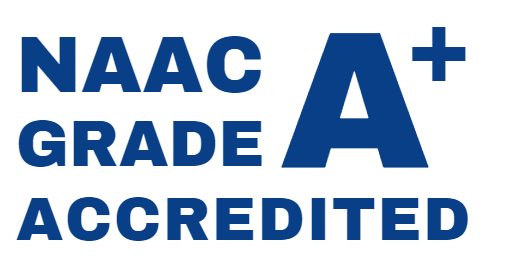Department of Civil Engineering
Vision and Mission
Vision
To Produce competent, disciplined quality Engineers and administrators in accordance with global standards in Civil Engineering with capability of accepting new challenges.
Mission
- To develop and train the students in order to meet dynamic needs and demands of the society.
- To promote research and continuing education.
- To enhance professional and entrepreneurial skills with ethical values through industry – institute interaction.
Courses Offered
B.E (Civil Engineering)
Establishment Year : 2009
Sanctioned Intake : 60
Period of Study : 4 Years
HoD's Desk

Mr. V. Ramesh, M.E., (Ph.D)
Head of the Department
The Civil Engineering department of PSN College of Engineering and Technology was started in 2009, to cater to the growing needs of builders for our nation and to the world at large. The department has the state of art facilities equipped with latest instruments, equipment, and software for imparting technical knowledge on par with international requirements. Under graduate students from our department of civil engineering are imparted with theoretical and practical knowledge, which enables them to succeed and have an edge in the competitive world. The students here experience an unparalleled education journey, which prepares them to be a global construction business leader. Apart from academic learnings, the students get an opportunity to participate in various activities and events all throughout the academic year, which contributes to their holistic development. All the students undergo a summer internship programme, which gives them a chance to explore and experience the corporate work life. The department of Civil Engineering with its multifaceted faculty members, continues to maintain and cultivate its strong link with the infrastructural industry.
I welcome you to be a part of this journey at PSN College of Engineering and Technology, Tirunelveli.
All the best to you.
Features
- Expertise: Faculty members should possess expertise in various subfields of civil engineering such as structural engineering, transportation engineering, geotechnical engineering, environmental engineering, etc.
- Qualifications: They should have relevant academic qualifications, typically a Ph.D. or equivalent degree, in civil engineering or a related field.
- Teaching Skills: Effective communication and teaching skills are crucial for imparting knowledge to students through lectures, laboratory sessions, and project supervision.
- Research Background: Active involvement in research activities, including publishing papers in reputable journals and presenting at conferences, contributes to the academic prestige of the department.
- Industry Experience: Some faculty members may have practical experience in the civil engineering industry, bringing real-world insights into their teaching and research.
- Mentoring Abilities: Good mentors guide students in their academic and professional development, offering advice on coursework, research projects, internships, and career paths.
- Innovation: Encouraging innovation and creativity in teaching methods, research approaches, and problem-solving techniques can inspire students and contribute to the advancement of the field.
- Collaboration: Willingness to collaborate with colleagues within the department, across other disciplines, and with industry partners enhances interdisciplinary research and enriches the learning experience for students.
- Commitment to Excellence: Dedication to maintaining high academic standards, fostering a culture of academic integrity, and continuously improving teaching methodologies and course content.
- Community Engagement: Involvement in outreach programs, community service projects, and professional organizations helps faculty members stay connected with the broader civil engineering community and address societal needs.
- Advising and Support: Providing academic and career advising, as well as emotional support, to students can positively impact their overall experience and success within the department.
- Professional Development: Engaging in continuous professional development activities such as attending workshops, pursuing additional certifications, and staying updated with the latest advancements in the field ensures faculty members remain current and relevant in their areas of expertise.


